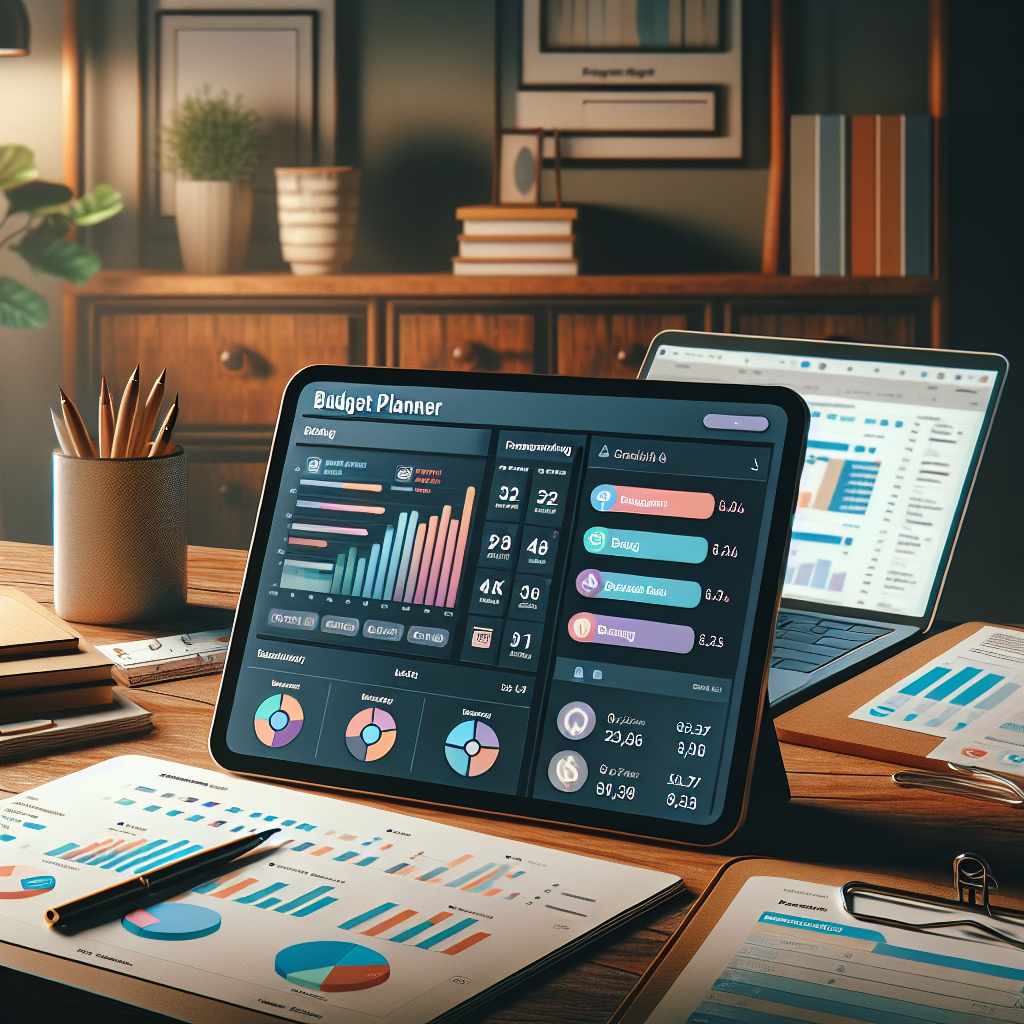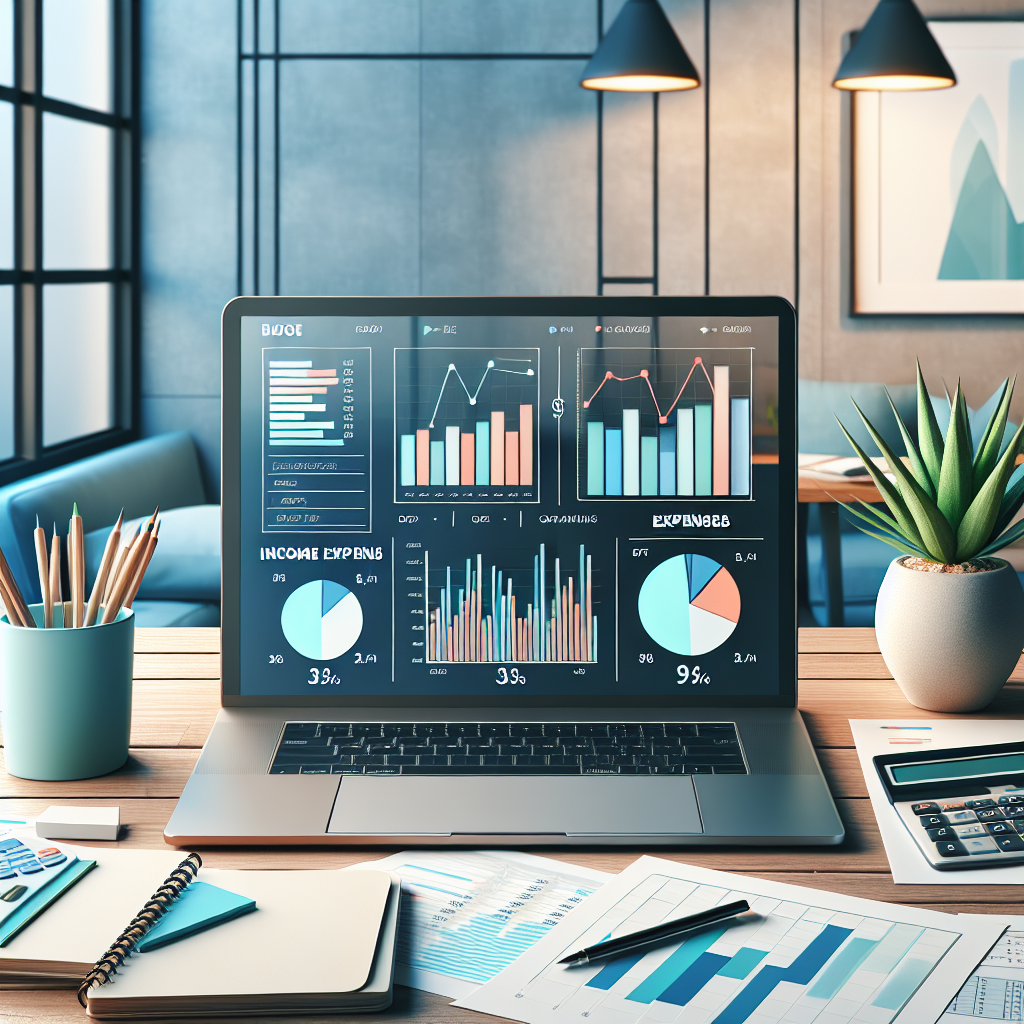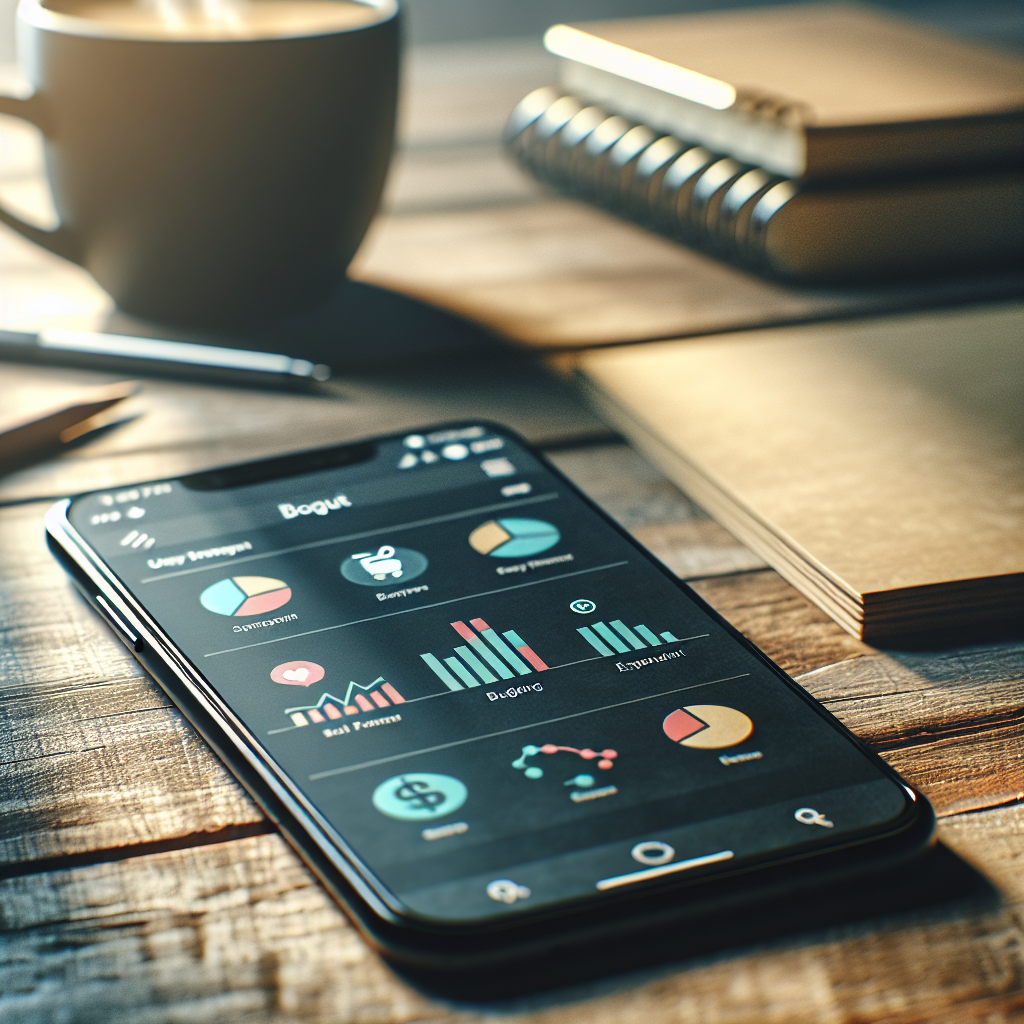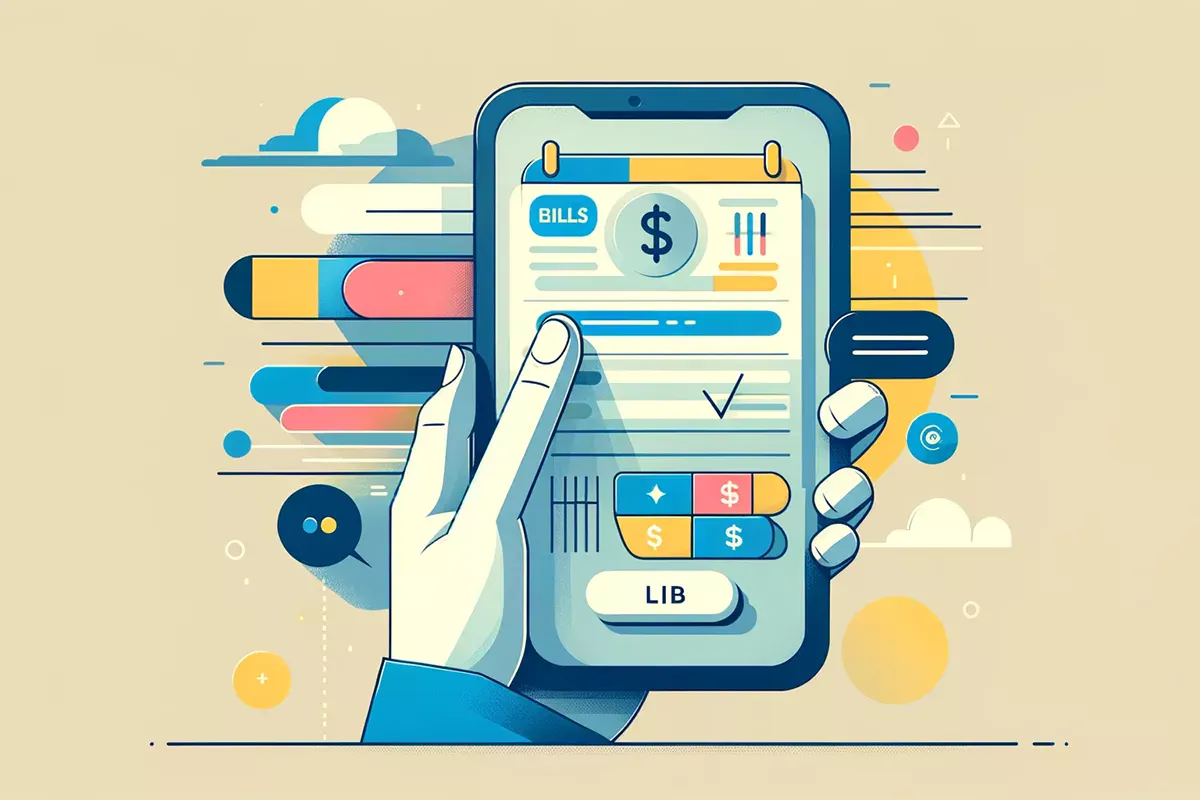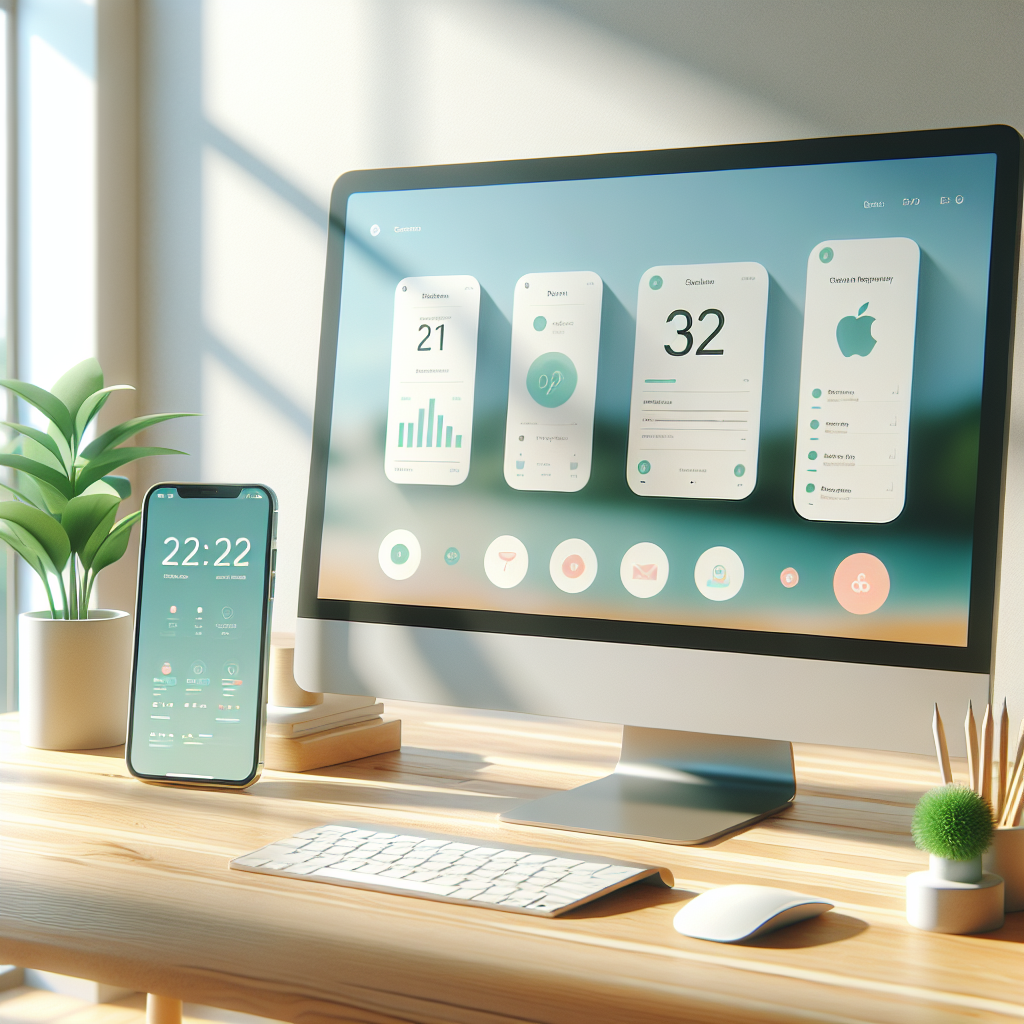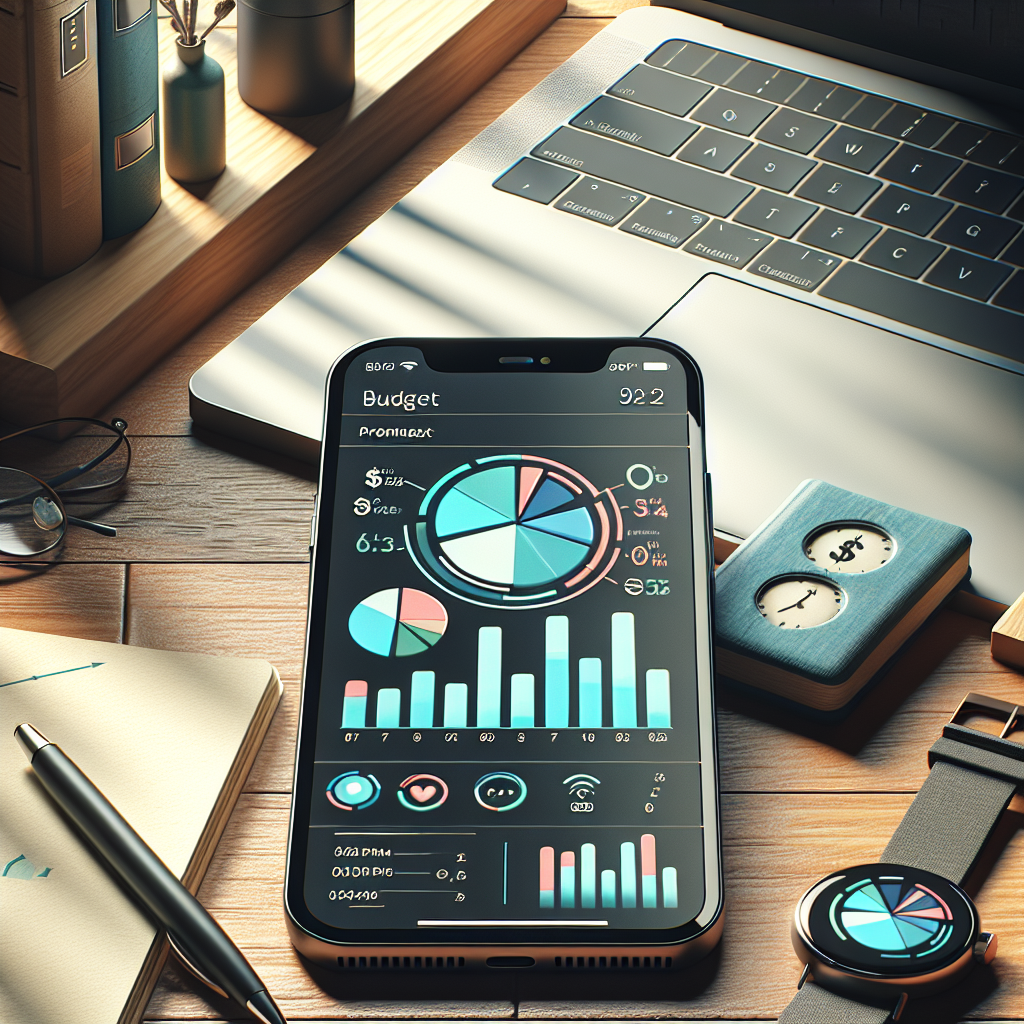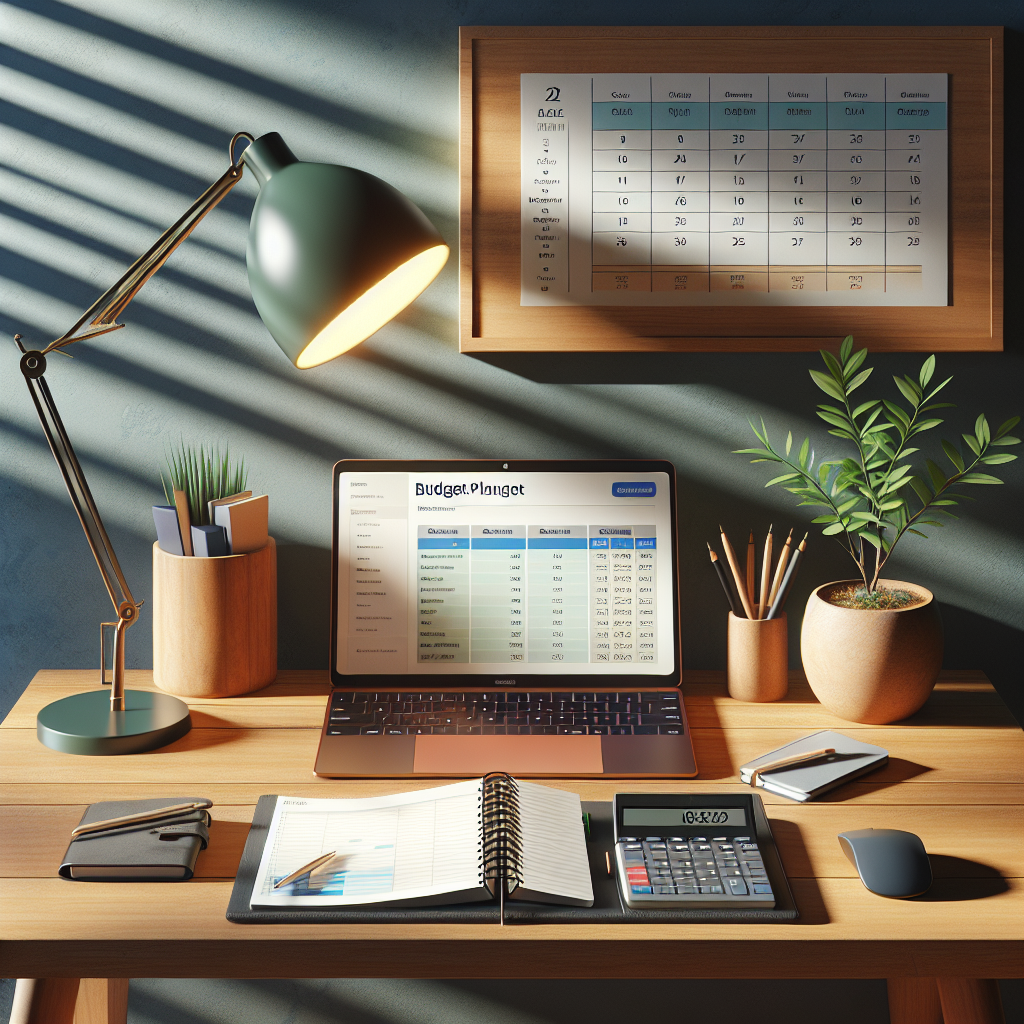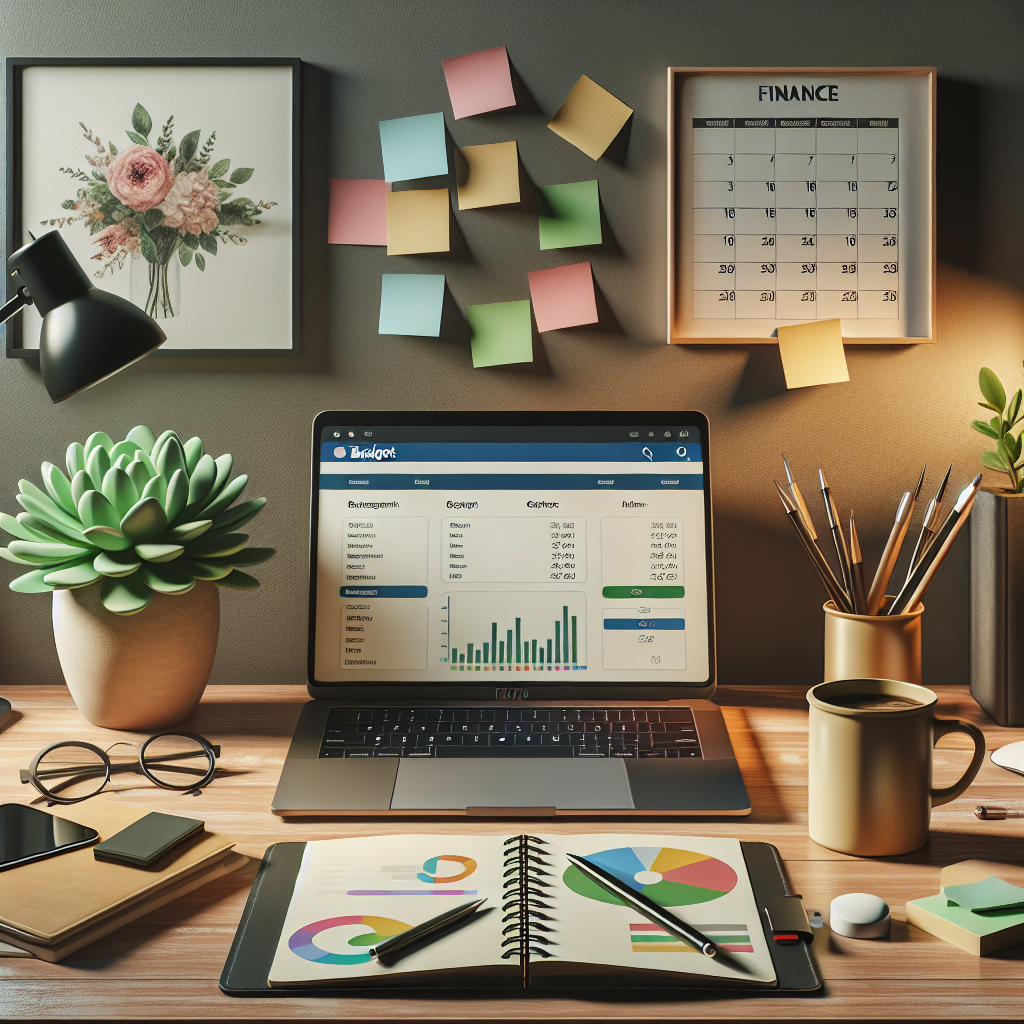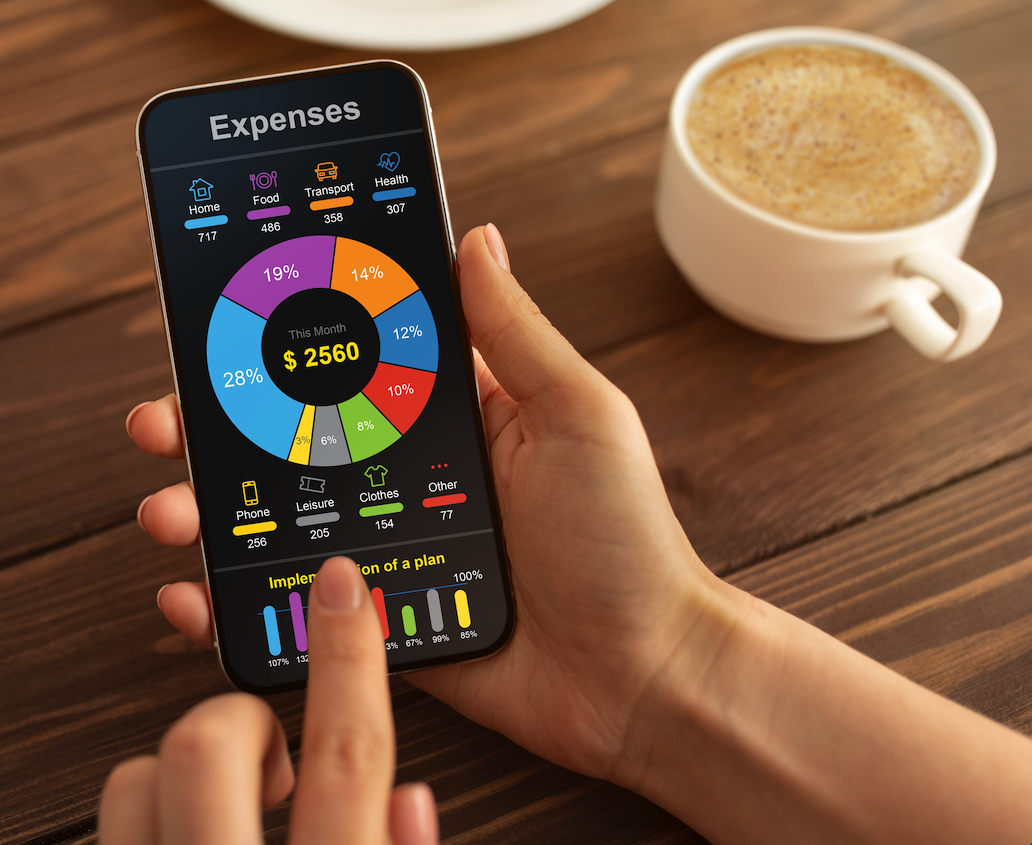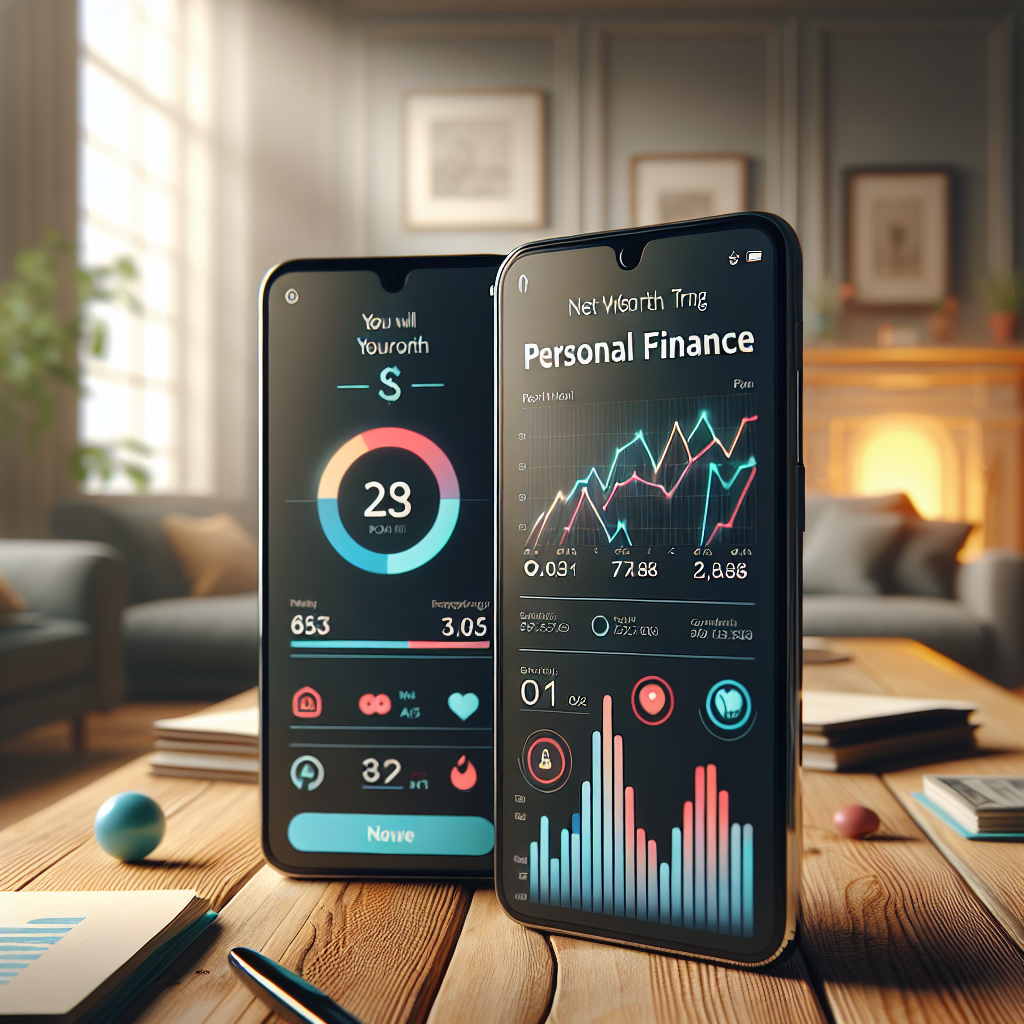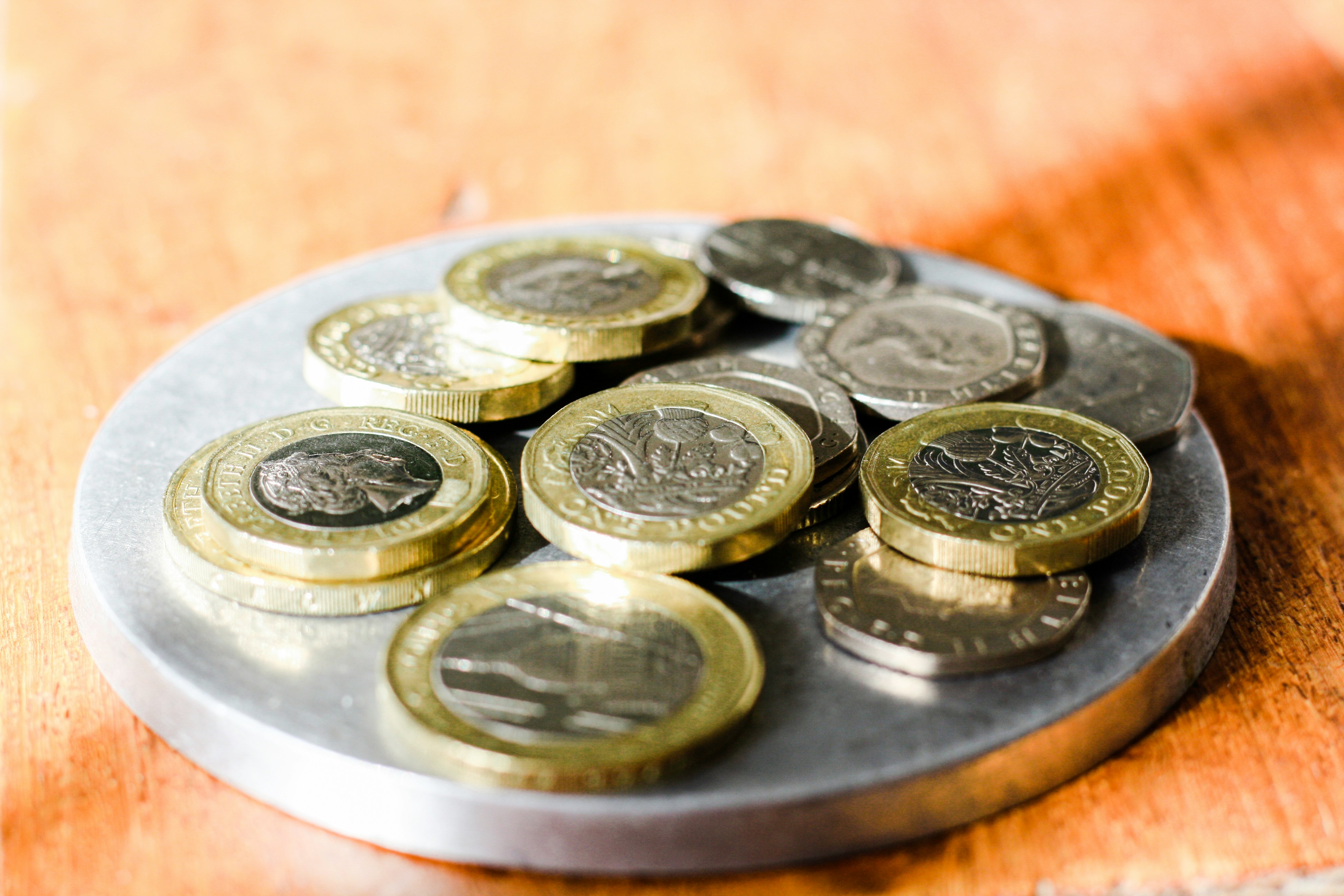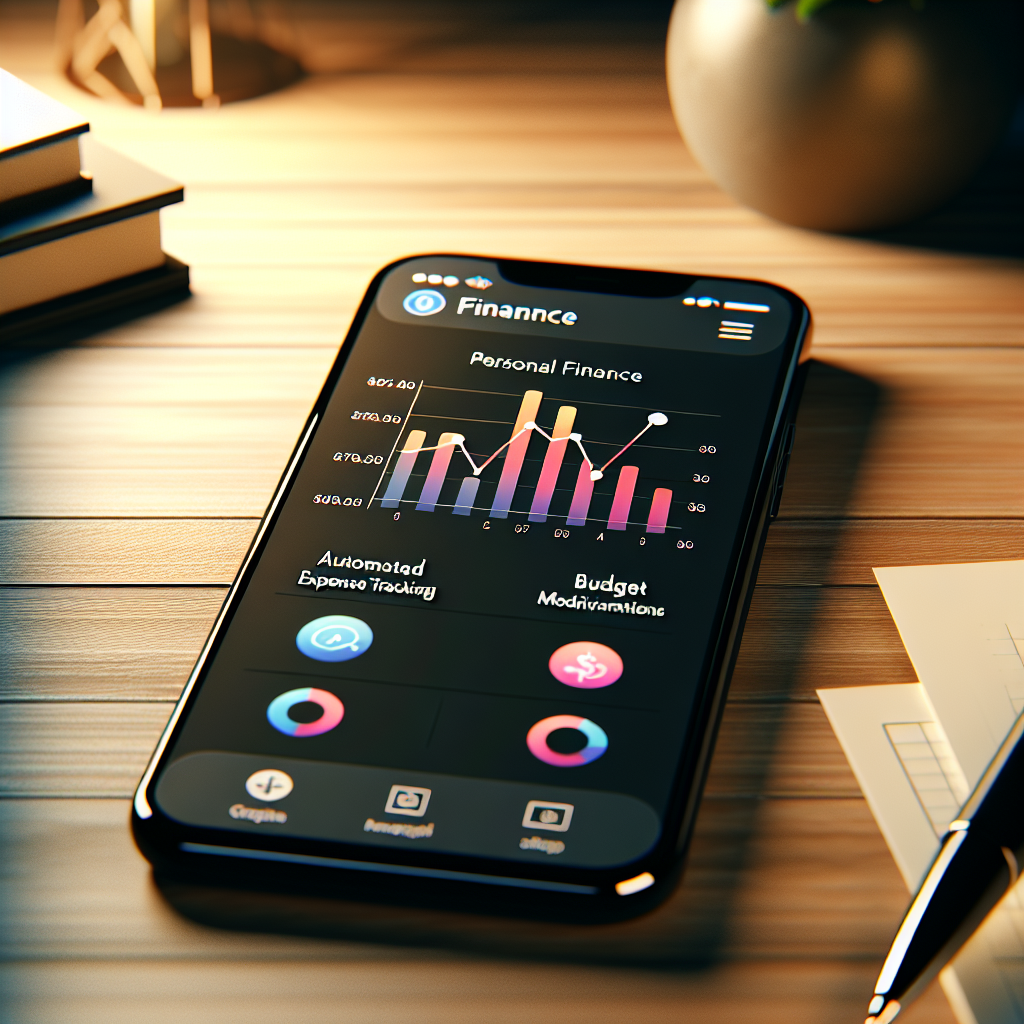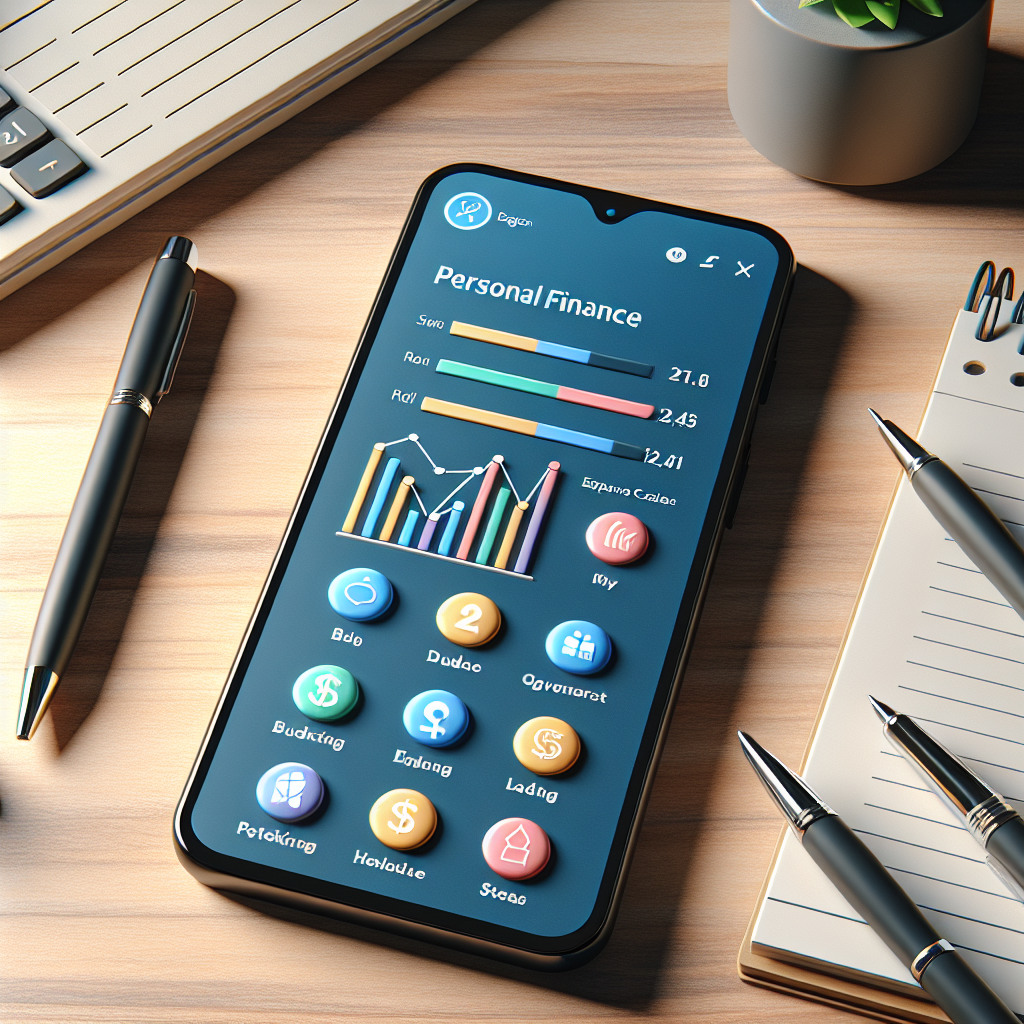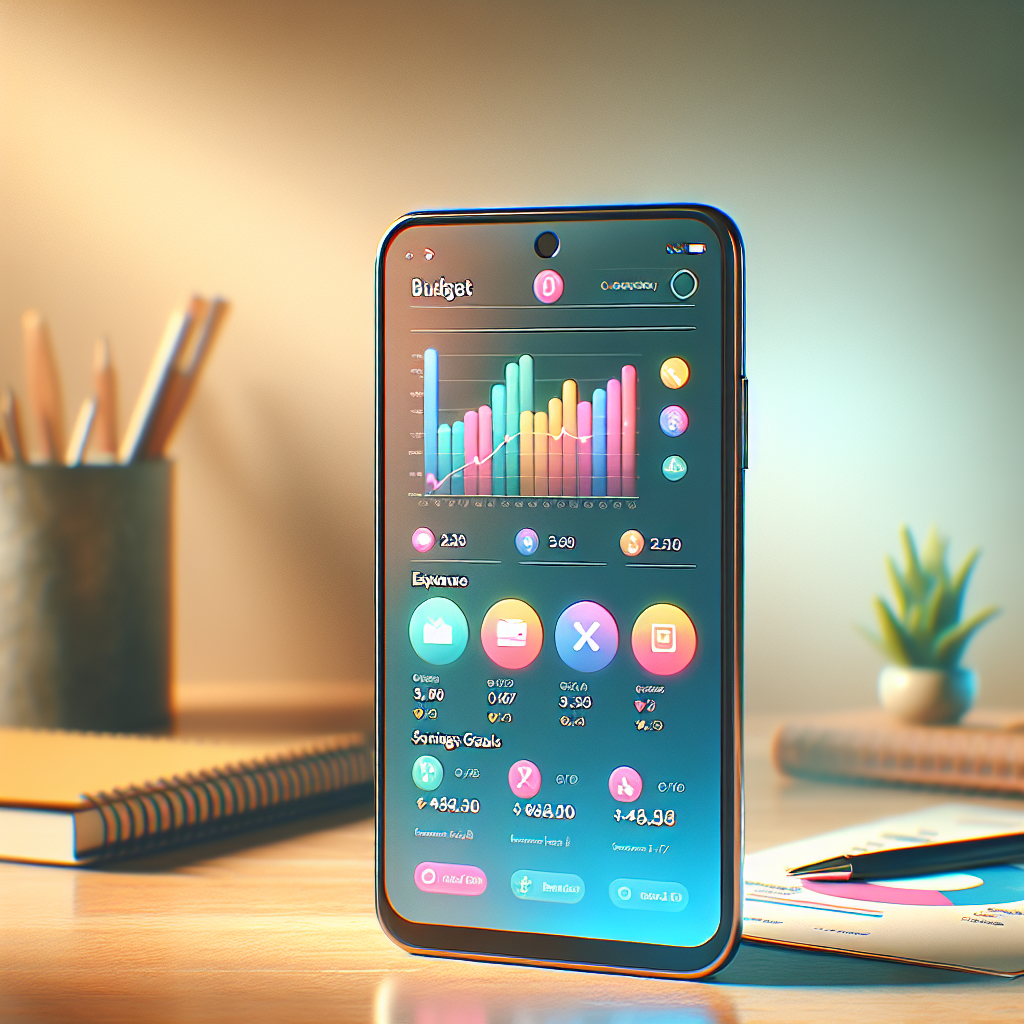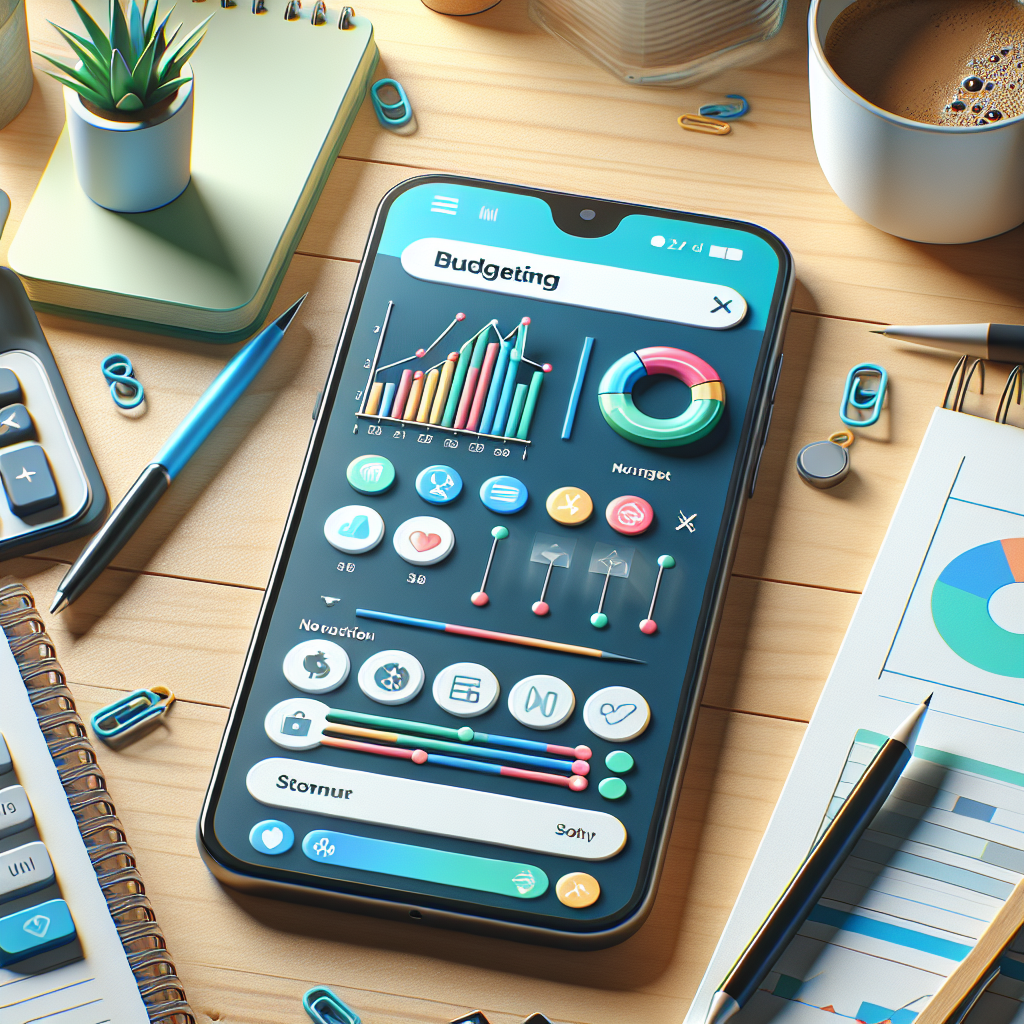In the digital age, managing finances has never been easier, thanks to the rise of personal finance apps. These innovative tools are designed to simplify budgeting and expense tracking, making it possible for users to take control of their financial health. As financial technology evolves, many individuals are seeking alternatives to traditional applications like Mint. This shift is primarily driven by the need for more tailored solutions that cater to specific financial goals and lifestyle choices.
With a plethora of options available, finding the right personal finance app to replace Mint can feel overwhelming. Users are looking for features that enhance their budgeting experience, such as automatic expense tracking, personalized savings goals, and insightful financial analytics. Moreover, the focus has shifted towards apps that prioritize user experience, ensuring that managing finances is not only effective but also enjoyable.
For those ready to take control of their finances and experience effortless savings, Vala offers an exceptional solution. With its cutting-edge savings management platform, users can easily manage their budgets while enjoying a user-friendly interface. Download Vala today and start managing your budget with ease! Explore how personal finance apps are changing the way we handle money and discover the best alternatives to Mint.
Top Features To Look For In A Personal Finance App

When searching for the perfect personal finance app to replace Mint, it is essential to consider key features that can significantly enhance your financial management experience. Here are some top features to look for:
- Automated Expense Tracking: The best apps automatically categorize expenses by linking to your bank accounts, saving you time and effort.
- Customizable Budgets: Look for apps that allow you to set personalized budgets based on your income and spending habits, making it easier to stay on track.
- Goal Setting: Features that enable users to set financial goals, such as saving for a vacation or paying off debt, can help keep motivation high.
- Real-Time Notifications: Staying informed about your spending habits with real-time alerts can help prevent overspending.
- Comprehensive Reports: Insightful financial reports and analytics can provide a better understanding of your financial situation, helping you make informed decisions.
- User-Friendly Interface: A clean and intuitive interface is crucial for ensuring that users can navigate the app easily, regardless of their tech-savvy level.
By prioritizing these features, users can find a personal finance app that not only meets their needs but also promotes a healthier financial lifestyle.
Best Alternatives To Mint For Budgeting In 2025

As the demand for effective budgeting solutions continues to grow, several personal finance apps to replace Mint have emerged, offering unique features and functionalities tailored to various user needs. Here are some of the best alternatives to consider in 2025:
- YNAB (You Need A Budget): YNAB focuses on proactive budgeting, allowing users to allocate every dollar to specific expenses and savings goals. Its unique approach emphasizes teaching users to manage their money effectively.
- EveryDollar: Developed by financial expert Dave Ramsey, EveryDollar uses a zero-based budgeting method, which encourages users to assign every dollar a purpose. The app also offers a user-friendly interface and a straightforward setup process.
- Personal Capital: Combining budgeting with investment tracking, Personal Capital allows users to manage their finances holistically. It provides insights into net worth and offers tools for retirement planning, making it ideal for users looking to integrate budgeting and investing.
- GoodBudget: GoodBudget is a digital envelope budgeting app that allows users to create virtual envelopes for different spending categories. This method helps users visualize their budget and encourages mindful spending.
- PocketGuard: PocketGuard offers a simple way to track spending by connecting to bank accounts and categorizing expenses. The app displays how much disposable income users have left after accounting for bills, goals, and necessities.
With these alternatives, users can find budgeting solutions that resonate with their personal financial goals and preferences, ensuring they stay on track in their financial journey.
Comparing User Experience Of Finance Apps

User experience (UX) plays a crucial role in the effectiveness of any personal finance app to replace Mint. When evaluating finance apps, several factors contribute to how users interact with the platform, including design, functionality, and overall ease of use. Here, we compare the user experience of some of the top alternatives:
- YNAB: YNAB is widely praised for its intuitive interface and educational resources. The app guides users through the budgeting process with engaging tutorials, making it easy for even beginners to grasp its concepts. The layout is clean, with easily navigable menus.
- EveryDollar: EveryDollar offers a straightforward and minimalist design, allowing users to quickly set up their budgets. The drag-and-drop feature for expenses enhances usability, while the mobile app ensures that users can manage their finances on the go.
- Personal Capital: Personal Capital’s user experience shines with its robust dashboard that provides a comprehensive view of finances, including investments. The app’s visual graphs and charts help users understand their financial health at a glance, although some may find it slightly overwhelming initially.
- GoodBudget: GoodBudget’s envelope system is user-friendly and visually appealing, making budgeting feel less daunting. The app’s design encourages users to track their spending effectively, although it may require a little adjustment for those accustomed to traditional budgeting methods.
- PocketGuard: PocketGuard excels in simplicity, with a dashboard that shows users how much they can spend after accounting for expenses and goals. Its straightforward approach minimizes friction, allowing users to focus on their financial goals without unnecessary distractions.
Ultimately, the best finance app for an individual depends on their personal preferences and financial goals. A seamless user experience can significantly enhance the budgeting journey, making it easier to stay on track and achieve financial objectives.
How To Choose The Right Finance App For You
Choosing the right finance app is a critical step in achieving financial stability and reaching your goals. With numerous options available, it’s essential to consider several factors to ensure that the app aligns with your needs. Here are key aspects to consider when selecting the perfect personal finance app to replace Mint:
- Identify Your Financial Goals: Determine whether you need help with budgeting, expense tracking, saving, or investing. Different apps cater to specific needs, so having a clear understanding of your goals will guide your choice.
- User Interface and Experience: Look for an app that offers a user-friendly interface. A well-designed app can make financial management less daunting and more enjoyable. Read reviews and explore demo versions to gauge the overall usability.
- Features and Functionality: Compare the features offered by various apps. Some may provide advanced analytics, while others focus on basic budgeting tools. Ensure the app you choose has the functionalities that support your financial activities.
- Security: Protecting your financial data should be a top priority. Investigate the security measures the app employs, such as encryption and two-factor authentication, to ensure your information remains safe.
- Integration Capabilities: Check if the app can integrate with your bank accounts, credit cards, or other financial services. Seamless connectivity can save you time and effort in tracking your finances.
- Cost: Lastly, consider the cost of the app. Some may offer free versions with basic features, while others may require subscriptions for advanced functionalities. Evaluate your budget and choose an app that provides value for your investment.
By carefully considering these factors, you can select a finance app that not only meets your immediate needs but also grows with you as your financial situation evolves.
Conclusion: Finding Your Ideal Personal Finance App
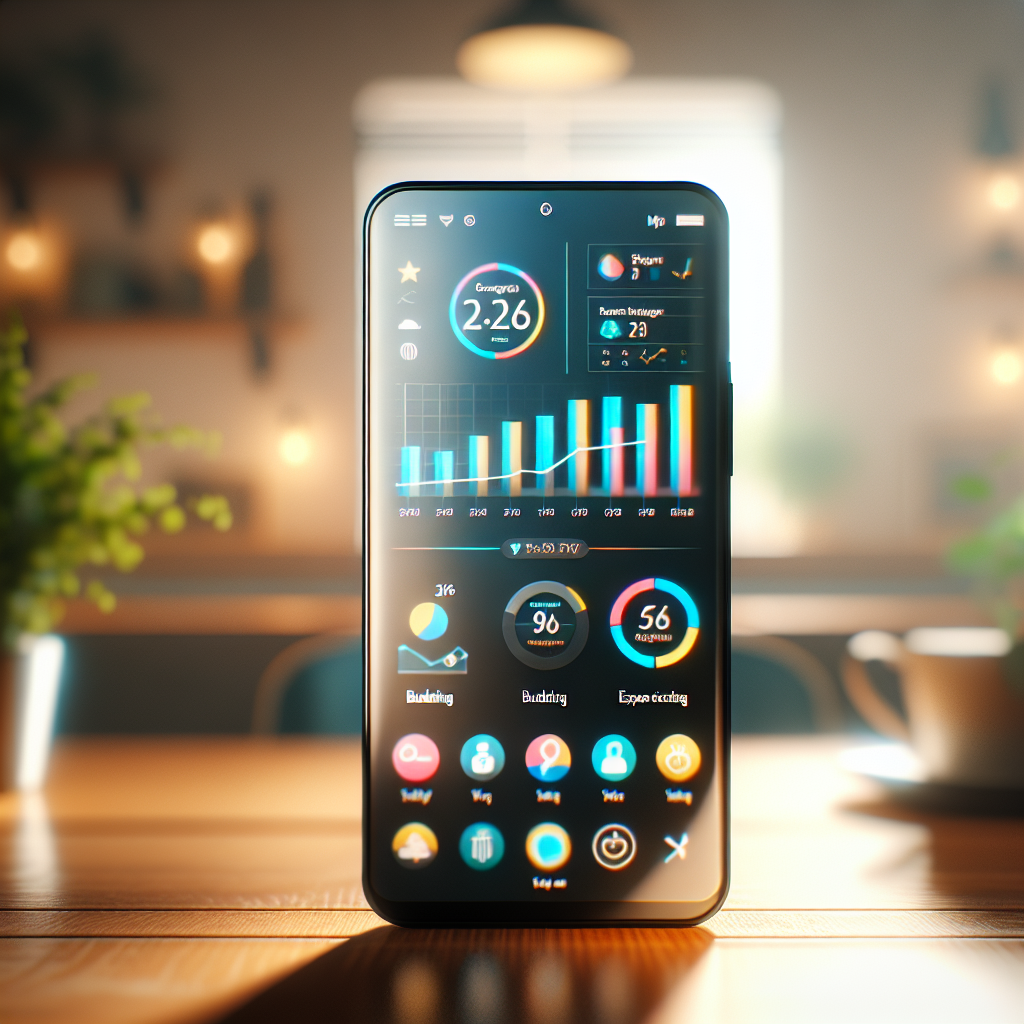
In today’s fast-paced world, managing your finances has never been more crucial. With a plethora of options available, finding your ideal personal finance app to replace Mint can significantly enhance how you track and manage your money. By focusing on your individual financial needs, preferences, and goals, you can make an informed decision that will set you on the path to financial success.
Remember, the right app should not only help simplify budgeting and expense tracking but also empower you to save time and money effectively. Take into account the features, user experience, security, and cost while evaluating different options. By doing so, you can ensure that you choose a platform that resonates with your financial journey.
As you explore various personal finance apps, consider trying out different platforms to see which one feels right for you. Each user’s journey is unique, and what works for one person may not work for another. Therefore, take your time to assess your options carefully.
Ready to take control of your finances and experience effortless savings? Download Vala today and start managing your budget with ease!







